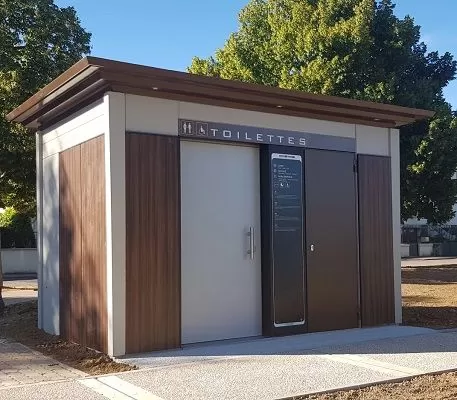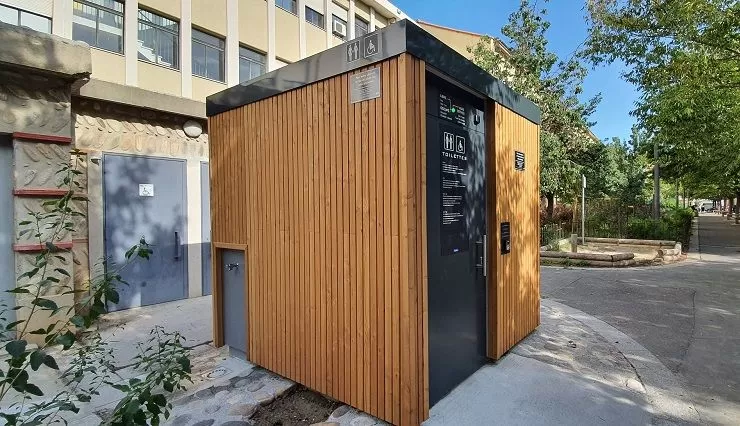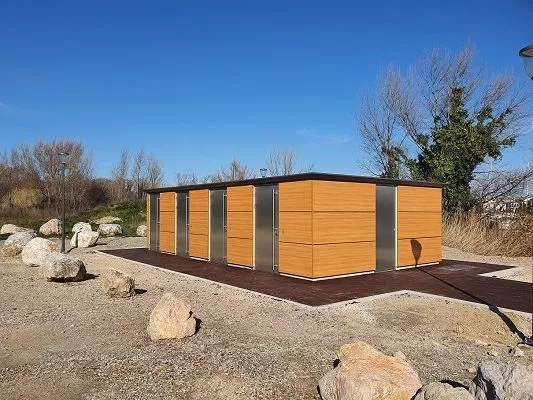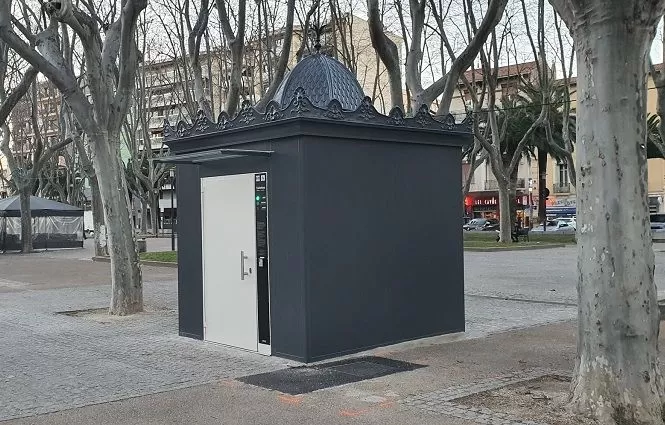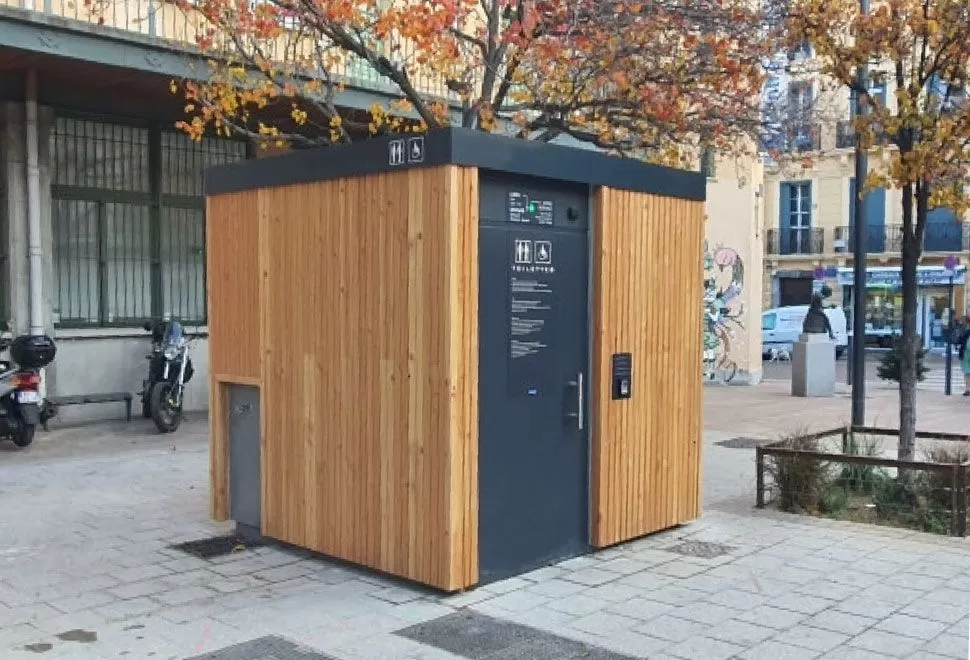Public toilets are not a common topic of conversation, even though we all use them.
Public toilets provide a vital service when we go out, but many social actions and behaviours also occur in their vicinity.The lack of attention paid to public toilets has meant that we know very little about how they respond to local needs and social activities.
Conversely, we know that a lack of public toilet facilities can lead to social isolation and create difficulties in day-to-day life (particularly for people with incontinence problems), i.e. when shopping or at work. Over time, this can lead to problems such as low self-esteem, depression and loneliness.
Meeting the needs of residents
A large number of people also suffer from bladder and bowel problems. This often means that they can't comfortably leave their homes if they don't know where they will be able to find toilet facilities.
These are people who need to plan their activities and schedules around their needs and who frequently use public toilets. This applies to the elderly, parents of young children, employees whose work frequently involves being on the road (truck drivers, sales representatives, etc.), and people with certain types of disabilities.
An ageing population means that more and more people will become incontinent, or will be taking more medication and need to use the toilet more frequently.
Public toilets are prioritised in certain countries
Given the growth in tourism around the world, some countries are facing a critical need to increase the number of toilet facilities and street furniture in their cities.
Iceland, for example, has seen its tourism rates triple in recent years, and has therefore decided to prioritise the installation of public toilets. As a result, the government has invested nearly a million dollars (Canadian) to add 15 new facilities across the country.
The advantages of automatic toilets
An inability to find or be able to use a toilet outside the home can have serious health consequences, particularly affecting the bladder, intestines and kidneys.
In France, half of all women consider public toilets to be unhygienic and the most dangerous place in terms of catching diseases, compared to 38% of men, according to a study by Hygiene Matters 2016.
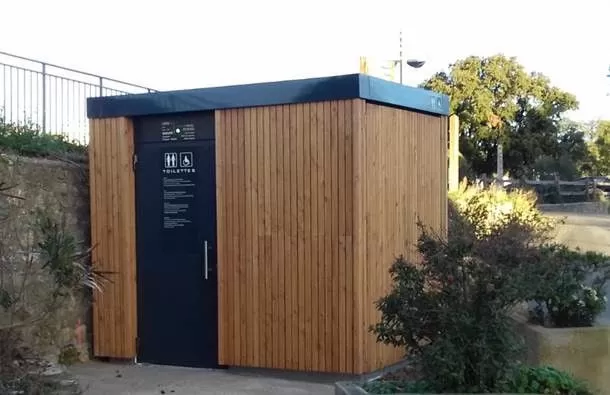
Automatic toilets offer improved hygiene
What is the solution to hygiene problems? Automated self-cleaning toilets.
Public toilets are used far more often than their domestic versions, meaning they have to handle far higher levels of excrement and urine. Faulty or inadequate flushing systems can cause odours and germs to persist and accumulate in the cubicle. Automatic toilet and urinal flushing ensures that waste is rapidly evacuated. Automatic taps allow people to wash their hands without touching surfaces. As a result, fewer germs are transferred and transmission of disease is prevented.
Automated toilets are also more economical
Automated systems are designed to consume far less water and energy than conventional systems. Reduced maintenance and cleaning requirements also lower costs associated with flushing.
Automated toilets are easy to use
Another advantage of hands-free toilets is that they are easy to use, particularly for young children, the elderly and the disabled.
Automated toilets are more durable
Hands-free systems can extend the life of your toilets by reducing wear and tear and intensive handling. The fewer people who touch your system, the lower the risk of it suffering damage.
Automated toilets reduce water wastage
The main benefit of sensor systems is a reduction in water wastage. Taps activated by motion detection will allow water to flow for a few seconds before stopping. As the process restarts gradually, it discourages users from washing their hands for too long.
Would you like to install public toilets in your community? We offer a wide range of modular, functional public toilets to help you enhance your public spaces. Please contact us for more information.


